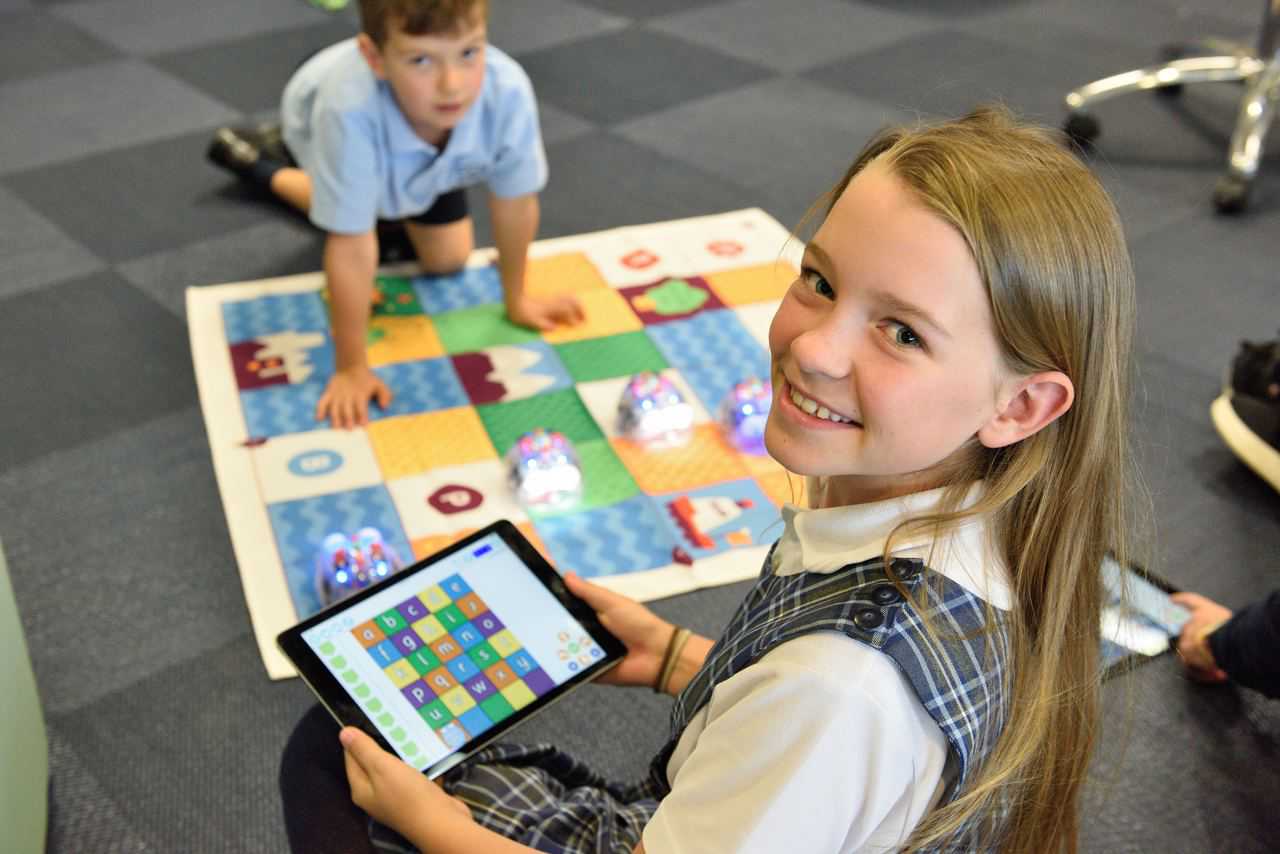The rapid advancement of technology has necessitated many schools across the world to integrate computers into classrooms. Most of them have done a remarkable job in teaching students how computers work, but only a handful teach students the art of using a keyboard.
Times are changing rapidly. Schools cannot prepare students for life ahead of them without equipping them with the necessary skills to use computers competently, among which is keyboarding with proper technique.
Most schools focus on teaching students how to obtain and use information from a computer, but they don’t focus on helping students use the computer with good technique. It is becoming increasingly difficult to teach them how to type quickly and accurately. To implement a keyboarding program, you need to know what age group to start teaching.
When to Start Teaching
It’s crucial to place children in front of keyboards as early as possible. In fact, this should be done as soon as they start learning the alphabet to get the most out of young children’s flexible minds. Younger students are more receptive to learning new techniques than older students.
 Students should start using a keyboard in first grade. They can start by typing their names and being encouraged to use two hands. Although most keyboards do not support small hands, typing will be much easier for them by the middle school as their hands approach the size of their adult hands.
Students should start using a keyboard in first grade. They can start by typing their names and being encouraged to use two hands. Although most keyboards do not support small hands, typing will be much easier for them by the middle school as their hands approach the size of their adult hands.
Creating Your Program
Most teachers assume that anyone who knows how to type can teach it. To an extent, this is true, but keyboarding is just like any other discipline. Most people have learned science and math in school. But how many can teach these subjects well?
Keyboarding is a psychomotor skill that is focused on technique, accuracy, and speed. Trained keyboarding teachers will be able to give undivided attention to students as they practice this multifaceted skill, and can offer knowledgeable advice about how to resolve bad habits and encourage good ones.
The first thing students should learn is the location of keys and how to strike them firmly and rhythmically. This skill is something that even a five-year-old can accomplish. Once they’ve mastered the key location, they can start combining letters into words and practicing their skills. The technique will grow from there with the guidance of a good teacher.
 The more you keep practicing using the right techniques, the better your speed and accuracy will be. Make sure to give your students enough time to develop this skill organically.
The more you keep practicing using the right techniques, the better your speed and accuracy will be. Make sure to give your students enough time to develop this skill organically.
Conclusion
Creating a tailored program that is fun and dynamic will ignite the learner’s interest and propel them to move forward. Implementing a keyboarding program may seem like a big task, but it is essential, and the tips mentioned above will help you make it happen.
